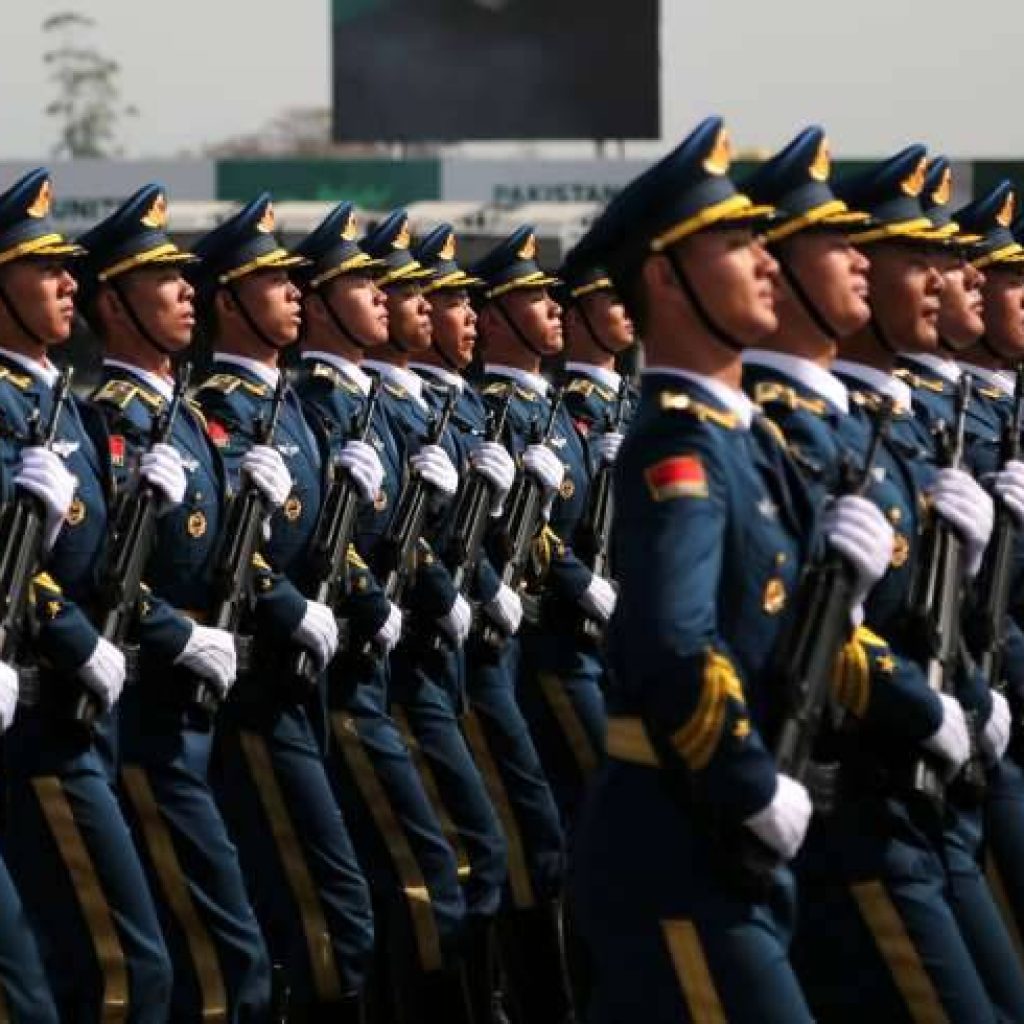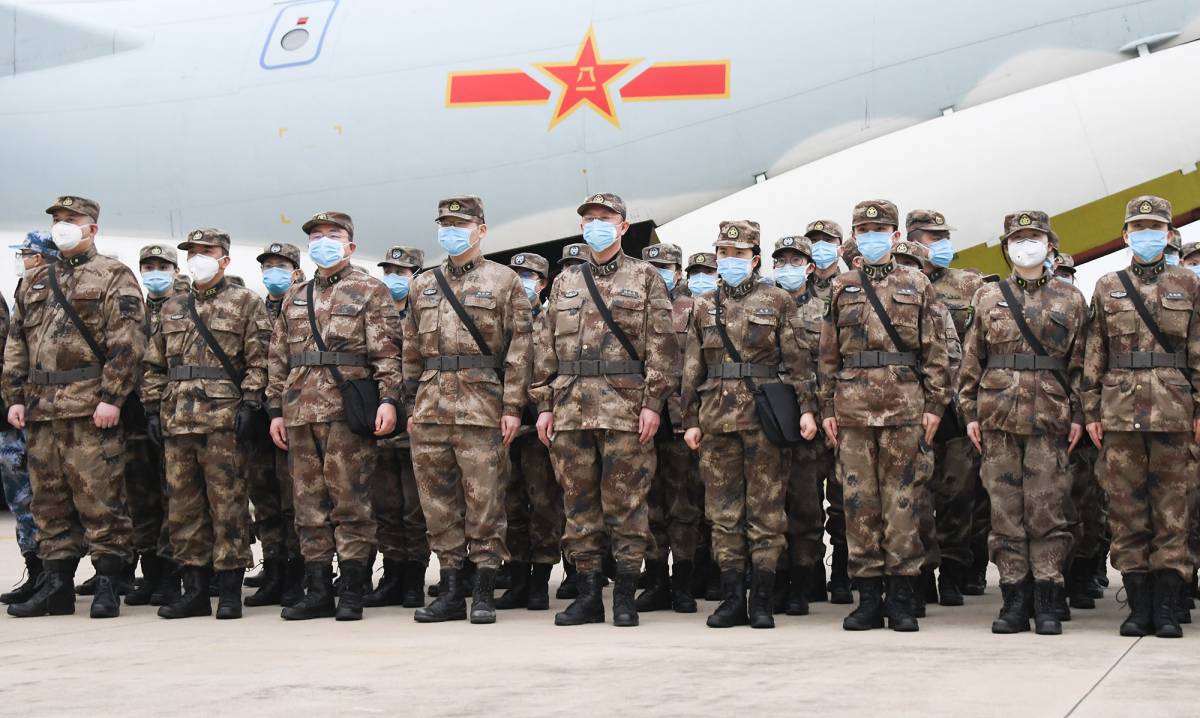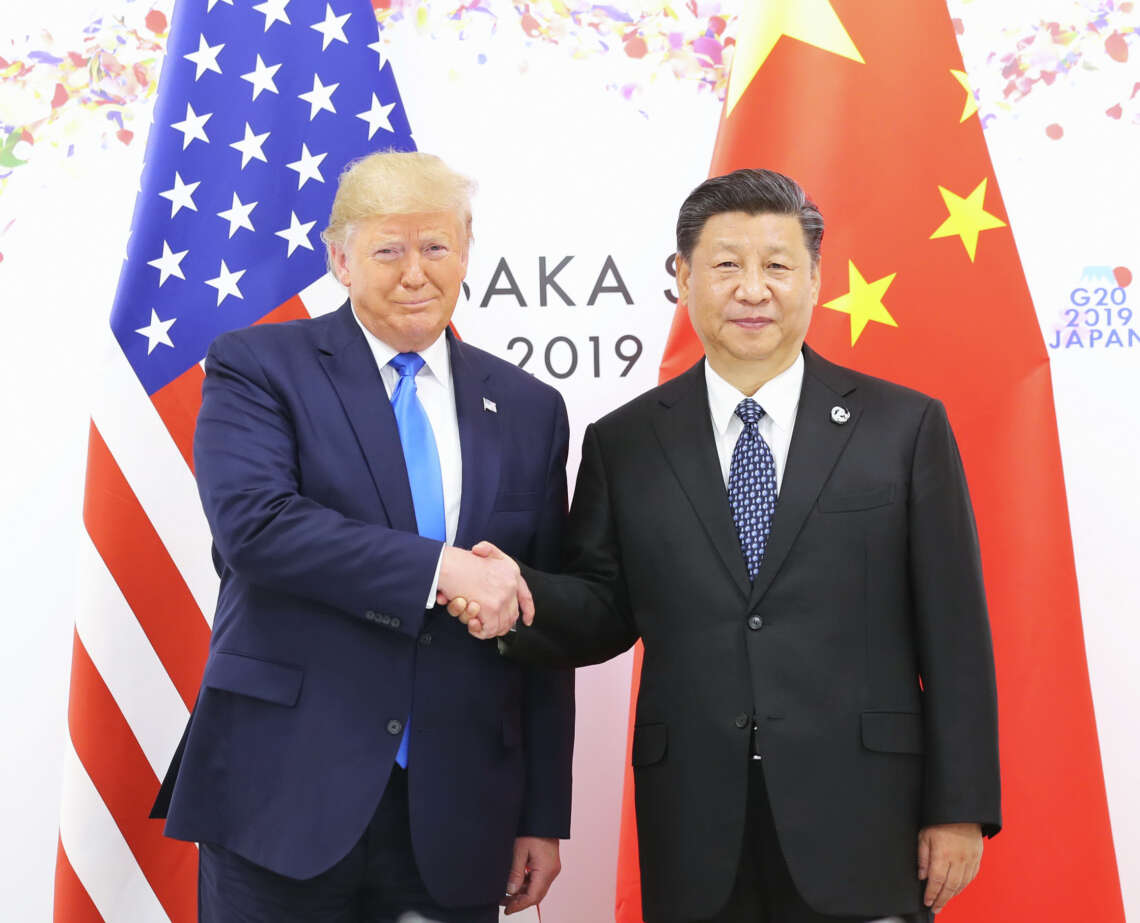Beijing is hardly content to limit its military basing pursuits to the South Pacific…reports Asian Lite News
The People’s Liberation Army (PLA) is making serious headway securing new military bases in Cambodia, Tanzania, the United Arab Emirates, including Kiribati – one located around 1,800 miles from sensitive US military installations in Hawaii in the Indo-Pacific area.
Craig Singleton, writing in Foreign Policy said that Tanzania, Cambodia, and the UAE are on China’s wish list–and now Kiribati, within striking distance of Hawaii, projecting its power beyond the tense Taiwan Strait.
Beijing is hardly content to limit its military basing pursuits to the South Pacific. Whether or not Washington can derail Beijing’s plans is anyone’s guess, wrote Singleton.
Although the U.S. Defense Department’s China Task Force recently characterized Beijing as Washington’s “number one pacing challenge,” the Pentagon’s 2022 budget continues a troubling trend of treating the PLA as a long-term, “over-the-horizon” threat.
Case in point: The Pentagon’s wish list for its new Pacific Deterrence Initiative doubles down on costly, long-term, platform-centric investments at the expense of urgently pressing priorities, such as security assistance funding to strengthen vital alliances and partnerships.
Also missing from the initiative are funds to reassess the military’s regional posture on account of the PLA’s efforts to secure an expanded foothold in the Pacific, reported Foreign Policy.
The current push for a Chinese base in Kiribati is eerily reminiscent of Beijing’s efforts to secure its first (and for now only) overseas military base in Djibouti in 2017.
China has leveraged a combination of deft diplomacy, elite capture, and strategically timed investments to win over the host nation government, wrote Singleton.

China’s ambitions in Cambodia are much closer to fruition. Since at least 2020, the US government has acknowledged China’s interest in establishing a military outpost at Cambodia’s Ream Naval Base on the Gulf of Thailand.
Satellite imagery has revealed rapid construction at Ream Naval Base, including the demolition of several US-funded buildings, prior to the June Phnom Penh visit by US Deputy Secretary of State Wendy Sherman.
Thereafter, the U.S. defense attache in Cambodia was denied full access to Ream Naval Base during a Cambodian government-sponsored trip aimed at dispelling concerns about Chinese activities at the base.
All told, Cambodia’s lack of transparency has reinforced suspicions that the upgrades at Ream are part of a clandestine Chinese buildup that would allow Beijing to project power into the Indian Ocean, reported Foreign Policy.
Besides Cambodia, Washington has also long viewed the UAE as one of Beijing’s most desired basing locations. A base in the Emirates would significantly expand the PLA’s maritime footprint in and around crucial maritime chokepoints, including the Strait of Hormuz and the southern entrance to the Red Sea.
A UAE base could also be part of a chain of other potential Chinese military locations on the Indian Ocean, including in Pakistan and Myanmar.
Although the UAE has traditionally been more closely aligned with the United States than China, Abu Dhabi has been keen to deepen its ties with Beijing as a hedge against Washington’s diplomatic overtures to Tehran, wrote Singleton.
More recently, US spy agencies monitored two PLA planes traveling to the UAE, where they unloaded unspecified cargo, reported Foreign Policy.
Recognising that many of China’s basing efforts occur under the guise of commercial development–and in an attempt to expose plans to militarize ports–the US Defense Department should also empower targeted countries to call China’s bluff, advised Singleton.
This could include funding independent audits and legal reviews of potential Chinese port agreements as well as working with host governments to insert specific clauses into contracts that prohibit the docking, landing, or pre-positioning of any PLA assets at these locations. More often than not, the Chinese will balk, thereby revealing their true intentions.
Concerned citizens of potential host countries need to look no further than Djibouti, where China now asserts complete territorial sovereignty over land once owned by Djiboutian tribes, reported Foreign Policy. (ANI)
ALSO READ: China must avoid overreacting to Modi’s birthday greetings to Dalai Lama














